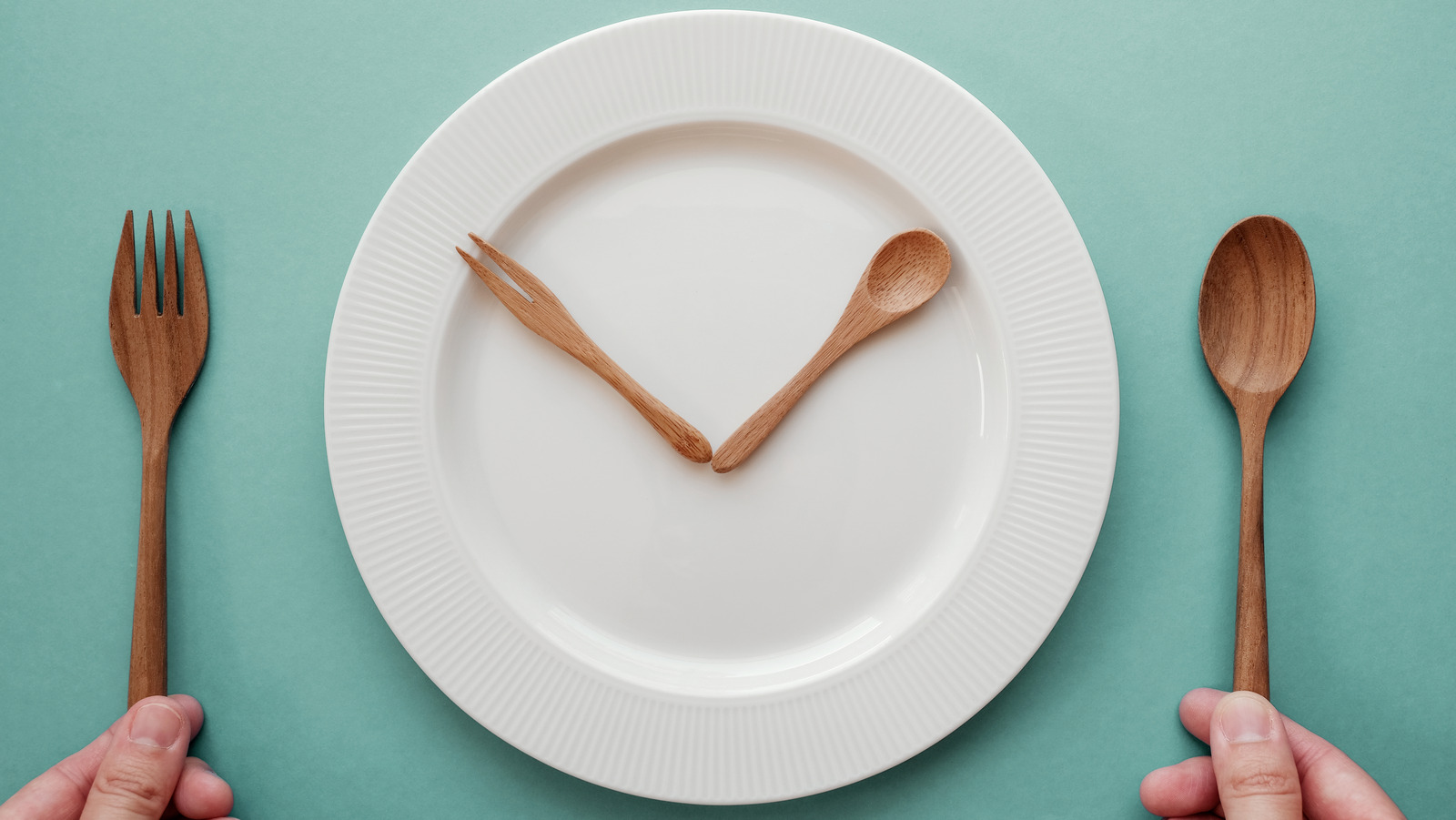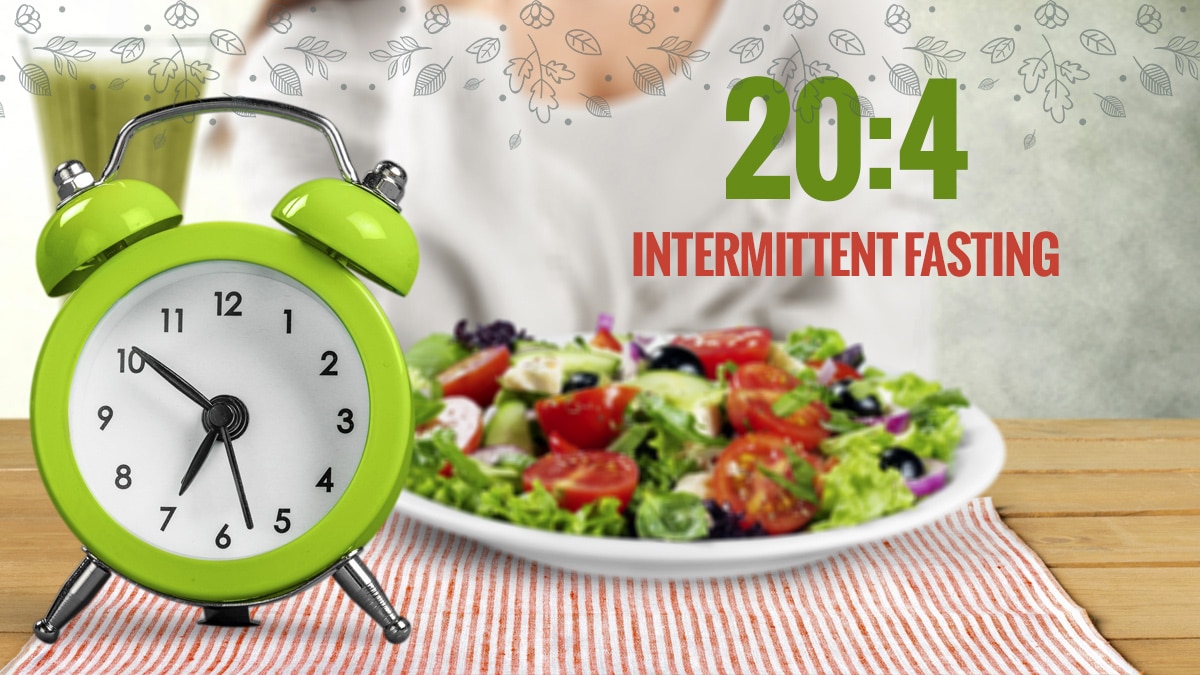
Intermittent Fasting Quiz To Test Your Info
Intermittent Fasting
If you are new to the practice of intermittent fasting, you are likely curious about how it works and which method you should try first.
Finding the schedule most conducive to your success with intermittent fasting is essential if you want to see positive results from the practice. Your everyday routines, training plans, and social life should all be able to accommodate it.
Given the numerous permutations, it is not simple to determine how to get started. Some are more difficult than others, requiring more extended periods without meals; on the other hand, shorter ways might not successfully achieve your objectives.
Continue reading, as the results of our quiz on intermittent fasting will provide answers that will help you choose the most appropriate program.
What Exactly Does It Mean To "Fast" Intermittently?
Intermittent Fasting
A scheduled eating plan is known as intermittent fasting (IF) alternates between periods of eating and fasting at regular intervals.
In the end, it involves restricting eating to particular times of the day or week and staying away from food throughout the other parts of the day or week.
It is not prescriptive like many other diets and weight loss plans, so you are free to eat whatever you like. Instead, it determines the times at which you are permitted to consume.
Maintaining appropriate nutrition requires you to eat healthily, even though no meal requirements are listed. You should prioritize eating a diet that is both well-balanced and rich in all of the necessary nutrients.
Those who engage in regular fasting typically do so to facilitate weight loss. Because it is recognized to offer significant benefits, it has become a well-liked strategy for reducing body fat in health and wellbeing. It is also believed to be advantageous for the health of the body as a whole.
In religions ranging from Christianity to Buddhism, abstaining from food is done for religious or spiritual reasons in addition to the goal of weight loss.
What Are The Different Timing Schedules That Can Be Used For Intermittent Fasting?
Intermittent Fasting
Finding a schedule for your fasting that works for you is an essential part of success with intermittent fasting.
There is a wide variety of ways to address this problem. Each method involves alternating eating and fasting times throughout the day, but they all follow a similar structure.
Here is a look at five of the most popular intermittent fasting strategies.
1- Eating Only Within Allotted Times
A habit of fasting that occurs daily is called time-restricted eating. It requires you to abstain from food for 12 hours or more every day, with the rest of the time spent eating normally.
People who follow this strategy restrict their food to a window of eight to twelve hours and then fast for twelve to sixteen hours.
One approach to time-restricted eating is known as the 16/8 method. This method calls for a fast of 16 hours, followed by an eating window of 8 hours. For instance, you could wish to forego eating breakfast and instead eat something between 12 and 8 in the evening.
2- The Practice Of Fasting Every Other Day
Intermittent Fasting
As the name suggests, this strategy calls for abstaining from food consumption every other day.
One day of abstinence from food will allow a person to consume an unlimited amount of food the following day. On fasting days, modified versions enable you to ingest a modest amount of food—typically around 500 calories—instead of completely abstaining from eating.
3- The 5:2 Ratio Diet
The 5:2 diet is a little more complicated, but many people find it easier to manage than similar approaches. It consists of eating normally for five days of the week and cutting back on the number of calories you consume on two days out of the week that is not consecutive.
On the days that are not consecutive, you are permitted to take up to 25 percent of your typical calorie allotment. According to those numbers, women consume roughly 500 calories daily, while men consume nearly 600.
4- Eat-Stop-Eat Diet
Intermittent Fasting
This strategy requires abstaining from food and drink for 24 hours, once or twice weekly. You can consume any foods you like for the remaining days of the challenge.
5- Warrior Diet
The Warrior diet is a more stringent version of the intermittent fasting technique. It consists of abstaining from meals for 20 hours, during which certain foods can be consumed in little portions at various points during the day. After that, there is a window of time of four hours during which you can drink as much food as you like in one sitting.
Which Type Of Intermittent Fasting Is the Most Suitable For Me?
Intermittent Fasting
Transitioning to a new eating pattern can be challenging for many people trying to lose weight. Changing your routine can be a challenging experience, and as a result, many people, especially in the beginning, may experience feelings of hunger and low energy.
Find a strategy that you can easily stick to consistently. Consider your way of living and devise the most effective method for maintaining control over your eating habits. For instance, you might want to eat at a time of day that gives you the energy you need to go through your workout.
Consider using a program that makes getting your morning coffee and food easier if getting through the day is something you rely on to keep you going.
To give your body time to adjust, we suggest you start fasting for shorter amounts of time rather than jumping right in with a full day's worth of deprivation.
Sometimes you have to try different things before you can identify what works best for you.
The Advantages Of Breaking Your Fast Occasionally
There are multiple linkages between intermittent fasting and advantages to both physical and mental health. The following are some potential benefits that could be anticipated.
1- Aids In The Reduction Of Excess Fat
Intermittent Fasting
If you wish to lose weight, intermittent fasting may be able to help.
Because you have less time to eat during the day, you will naturally consume fewer calories, which will be the primary factor in your weight loss. When you fast, you put your body into a calorie deficit, which simply means you burn more calories than you take while fasting. A decrease in daily calories burned leads to a loss of body fat.
A fast may also cause your body to shift into a condition that burns fat. When you go long periods without eating, your body uses up the calories from your most recent meal until they are gone. Your insulin levels fall, your glucose reserves run out, and your body starts drawing on its fat reserves for fuel instead.
There is evidence that intermittent fasting can enhance blood sugar, blood pressure, and cholesterol levels.
2- Contributes To A Decreased Level Of Inflammation
Some studies have found that going without food for some time can help reduce inflammation and alleviate the symptoms of chronic inflammatory disorders such as coronary heart disease, diabetes, and inflammatory bowel syndrome.
According to the findings of another study, prolonged fasting for more than 24 hours may help reduce inflammation by lowering oxidative stress levels in the body's cells.
3- Improves Memory
memory
In many cases, improved brain health can be attributed to intermittent fasting, including improved concentration and mental clarity.
According to some research on mice, intermittent fasting may help increase long-term memory recall.
4- It Might Speed Up The Metabolic Process
While prolonged fasting may cause the metabolism to slow down, shorter fasts may cause it to speed up.
According to the findings of one study, healthy persons saw a 14% boost in their metabolic rate after going without food for three days.
The Crux of the Matter
You are free to be flexible now that you know what to anticipate from intermittent fasting. By taking our IF questionnaire, you can ensure that you won't have to deal with uncomfortable situations with your diet and meal planning.
If you want to get the most out of intermittent fasting and enjoy its health and wellness benefits, remember to give some thought to your eating habits to maintain proper nutrition.
Before beginning a new diet plan, it is essential to discuss the matter with a medical professional. Your physician can give you experienced guidance to help you lose weight and avoid any risks related to your choice.











